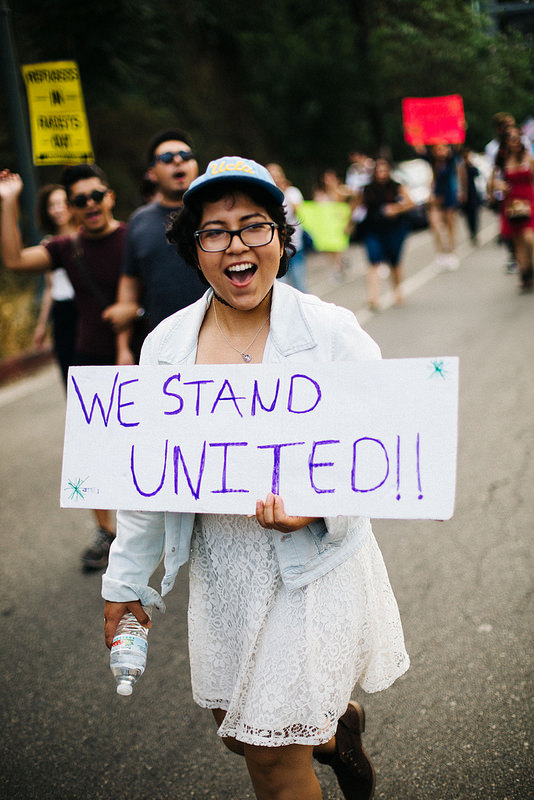
Welcome back to Visalawyerblog! In this blog post we cover the latest immigration news of the week.
USCIS Launches Online Form to Report Fraud
On March 3rd USCIS announced the launch of a new online form available on the USCIS website that can be used to report suspected immigration fraud and abuse including asylum/refugee fraud, religious worker visa fraud, employment-based visa fraud, investor visa fraud (EB-5 program), student visa fraud, marriage or fiancé visa fraud, unauthorized practice of law (notarios), and other types of immigration fraud.
This “USCIS tip form” provides space for the form user to describe alleged fraud or abuse in detail. According to USCIS, the tip form was created to make the tip process more effective and efficient, so that the agency can better collect information and make an assessment regarding the credibility of tips sent to the agency.
Previously fraud reporting was done by email, making it difficult for USCIS to respond and investigate tips.
This new online system for reporting fraud represents the Trump administration’s commitment to crack down and prevent various forms of visa fraud.
Over the years, the Trump administration has signed various directives and executive orders such as “Buy American, Hire American” aimed at rooting out fraudulent H1B, asylum/refugee, and EB-5 investor visas. The Trump administration has also worked to limit or slow down the issuance of these visas by issuing aggressive requests for evidence in the case of H1B visas and increasing the minimum investment amount for EB-5 investors.
Presidential Proclamation Suspending Entry of Certain Immigrants and Nonimmigrants who Pose a Risk of Transmitting the Coronavirus
On February 3rd the Department of State issued an important announcement reminding travelers of a Presidential proclamation signed on January 31st barring entry to the United States of immigrants or nonimmigrants who traveled to China within the 14 days immediately prior to arrival in the United States.
The proclamation went into effect on Sunday, February 2.
Travelers should note that the proclamation does not apply to U.S. citizens or lawful permanent residents of the United States. Foreign diplomats traveling to the United States on A or G visas are excepted from this proclamation. Other exceptions include certain family members of U.S. citizens or lawful permanent residents, including spouses, children (under the age of 21), parents (provided that the U.S. citizen or lawful permanent resident is unmarried and under the age of 21), and siblings (provided that both the sibling and the U.S. citizen or lawful permanent resident are unmarried and under the age of 21). There is also an exception for crew traveling to the United States on C, D or C1/D visas.
Continue reading
 Visa Lawyer Blog
Visa Lawyer Blog













